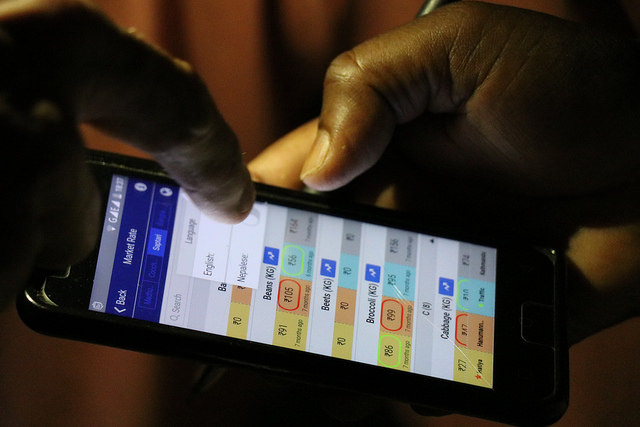
International donors invest in mobile data collection solutions because they offer a number of benefits over traditional data collection methods, including improved efficiency, data quality, accessibility, security, and transparency.
5 Mobile Data Collection Benefits
- Increased efficiency: Mobile data collection solutions allow for real-time data collection, which can be faster and more efficient than traditional methods. This can help donors get a better understanding of the situation on the ground and make more informed decisions about where to allocate resources.
- Improved data quality: Mobile data collection solutions can help improve the quality of data collected by reducing errors and inconsistencies that may occur in manual data collection processes.
- Increased accessibility: Mobile data collection solutions can be used in remote or hard-to-reach areas where traditional data collection methods may not be feasible.
- Improved data security: Mobile data collection solutions can provide enhanced security for sensitive data by allowing for secure data transmission and storage.
- Increased transparency: By providing a clear and easily accessible record of data collected, mobile data collection solutions can help increase transparency and accountability in the use of donor funds.
5 Steps for Measuring the Benefits and Risks of Stakeholder Data
We all live in a world where we need to have good quality data, quickly and (ideally) inexpensively, for better decision making. And to share that with partners...
How to Protect Digital Privacy and Security During COVID-19 Response
What do cyber-attacks, virtual learning platforms, and the spread of misinformation online have in common?
All have seen substantial spikes over the past four...
8 Ways to Digitize Your MERL Practices During COVID-19 Response
All of a sudden you’re stuck at home because of the new coronavirus. You’re looking at your monitoring and evaluation commitments and your programme requirements...
Fix Your Data Quality Issues with Query Management
A researcher’s worst nightmare is to realize that they cannot use their data. This horrible realization often comes right after data has been collected, teams...
10 Lessons Learned in Scaling Mobile Data Collection Processes
In the last decade, Mobile Data Collection has been used more and more by humanitarian and development organizations for situation analyses, project monitoring,...
The Present and Future of Data Collection and Analysis in ICT4D
Facebook’s recent release of highly accurate population maps for Africa (as well as its impending release of the entire world), and the rising prominence of AI...
3 Examples of Corner Use Cases Driving Digital Solution Innovation
Two years ago, I joined Dimagi, who is well known for making CommCare, with the exciting but daunting prerogative to diversify the company’s portfolio. As an...
What Should Donors do to Support Responsible Data?
Donors such as USAID have a critical role to play in encouraging greater respect and protection of the data of vulnerable individuals and groups. They can help...
Four Surprising Ways Mode and Gender Can Transform Your Survey Data
With the enormous growth of mobile connectivity in developing countries and the proliferation of apps enabling easy collection of data via mobile technologies,...
We Have A Moral Imperative to Use the Data We Collect
And not just to use it, but to use it well.
Too often in development work, there is an expectation that people will supply you with their data but no feeling of...










